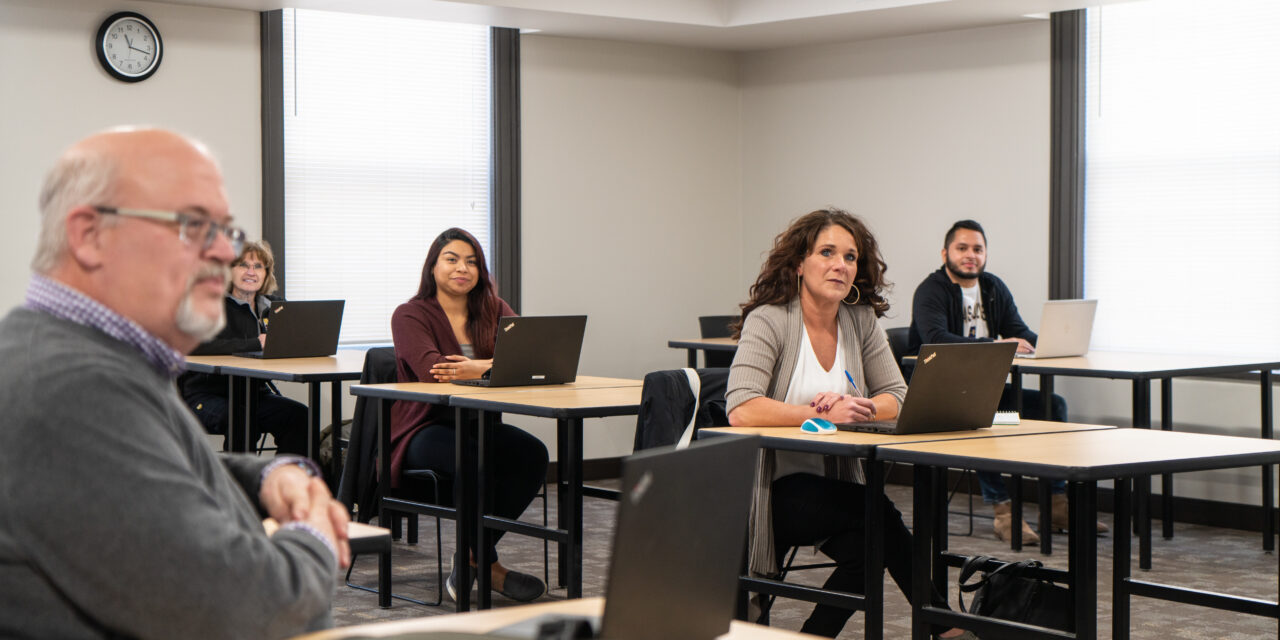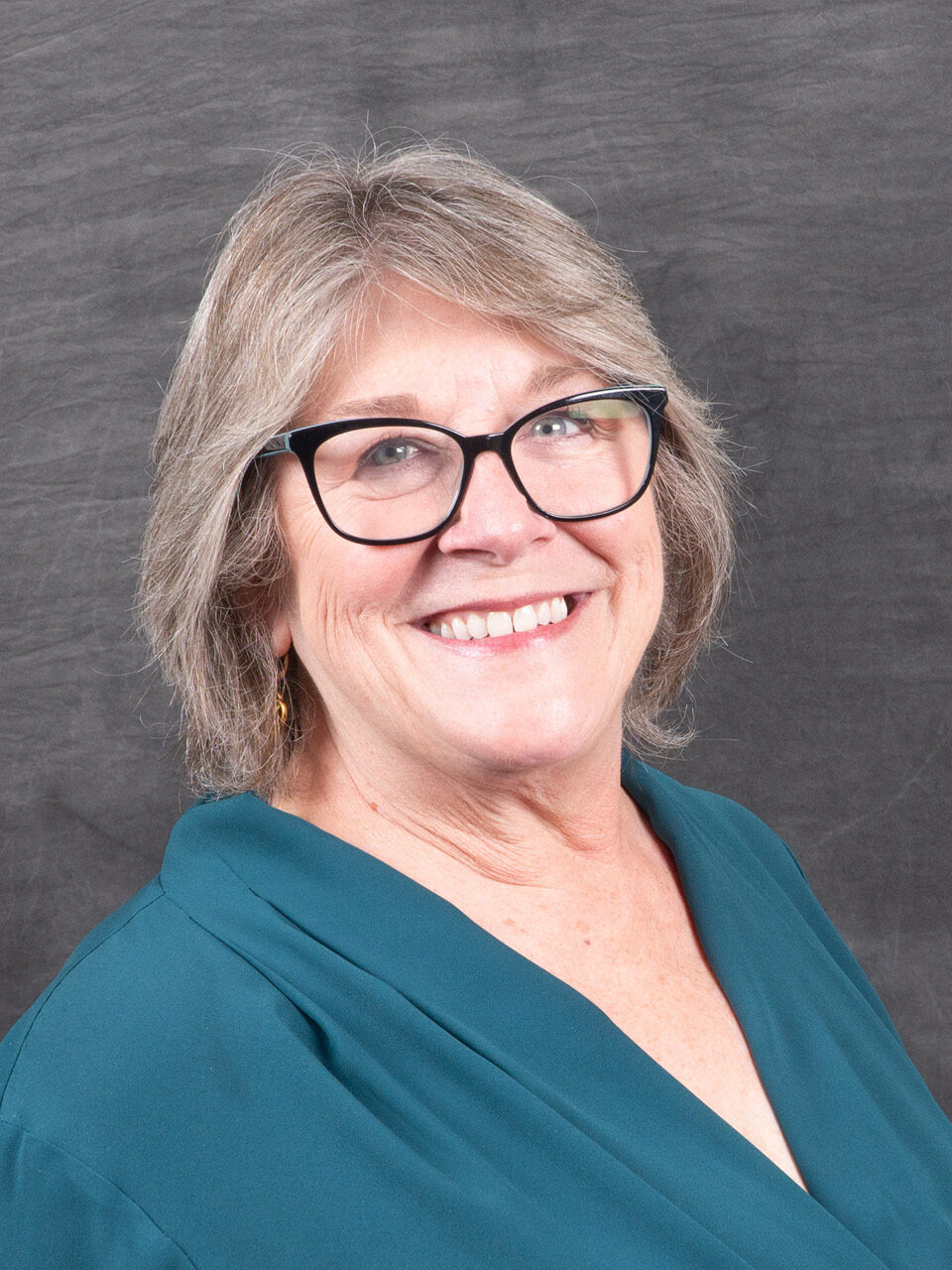Personalized attention. Professional growth. Community impact.
Be a part of a diverse community of scholars, researchers, and advocates equipped with the knowledge, skills, and ethical awareness necessary to effect positive change in the lives of individuals with disabilities and their communities.
Through rigorous academic inquiry, interdisciplinary collaboration, and active engagement with disability issues, our graduates will be empowered to shape inclusive policies, challenge societal norms, and amplify marginalized voices.
APPLICATION DEADLINES
Fall Semester: August 1
Spring Semester: December 1
Summer Semester: May 1
Quick Highlights
- Online asynchronous courses
- 30 credits
- 1 or 2-year program
- Applicable to many types of careers
- Complete an applied capstone project

Interdisciplinary Exploration
Our program encourages students to engage with disability through a multidisciplinary lens, drawing on fields such as education, literature, law, criminal justice, and media.
Critical Inquiry & Scholarship
Students will develop the tools and skills necessary to challenge assumptions, deconstruct biases, and contribute to the evolving body of knowledge in disability studies.
Find Your Professional Focus
- Academia and Research
- Disability Rights Advocate
- Policy Analyst
- Public Health and Rehabilitation
- Social Services
- Education
- Compliance Officer
- Accessibility Specialist
- Non-Profit and Community Organizer
- ADA Coordinator
Inclusivity & Accessibility
The program is designed to be accessible to individuals with diverse abilities, ensuring that our learning environment reflects universal design principles and fosters a sense of belonging for all participants.
Advocacy & Social Change
The program’s graduates will be equipped to be change agents in addressing systemic barriers and promoting social justice for people with disabilities through policy analysis and grassroots activism.
Community Engagement & Collaboration
Students will engage with local, national, and global communities, working alongside disability organizations, advocacy groups, and individuals with disabilities to co-create solutions and drive positive change.
Ethical Reflection & Empathy
Through the exploration of personal narratives, lived experiences, and creative expressions, students will cultivate a profound understanding of the lived realities of individuals with disabilities.
Learn More
By requesting information, I authorize Loras College to contact me by email, phone, or text at the number provided. By providing your number, you consent to receive notifications from this organization. Reply STOP to unsubscribe. Message and data rates may apply.
Admission Criteria & Eligibility
Students must have earned a bachelor’s degree by the time of enrollment, although no specific undergraduate major is required. A holistic admission decision will be based on multiple factors, including your motivation for pursuing this degree, work history, volunteer activities, and other extracurricular involvement.
Application Checklist
Requirements, Outcomes & Schedule
Book a Grad Chat
or Campus Visit
It does not matter if you are near or far: we want to talk with you! Chat with us via Zoom or come take a personalized campus visit to learn more about the curriculum, program outcomes, internships, job market, enrollment process, and more.
Get in Touch
Financial Aid
Advanced degrees are worth the investment. We have options to help you make your educational goal a reality, and financial aid helps open doors for your future.
Tuition & Fees
Understand the costs before applying. Review tuition, fees, and living expenses to create a realistic budget. Financial planning is key to success in an advanced degree.
Scholarships
Loras offers scholarships to new, incoming graduate students. Each master’s degree program has a one-time, $2,000 scholarship for one new student, each program entry term.
Straight Talk from a Duhawk
This program explores the way individuals with disabilities experience the world, challenging stereotypes and misconceptions, thereby reshaping our traditional perspectives. It operates on a social model rather than a medical one, emphasizing acceptance without an aim to ‘fix’ anyone.”
— Lynn Gallagher, Program Director
Disability Studies FAQ
Graduate Programs FAQ
Meet Your Program Director

Lynn Gallagher M.S. Ed CAS AES
Disability Studies Program Director
Assistant Professor of Disability Studies

